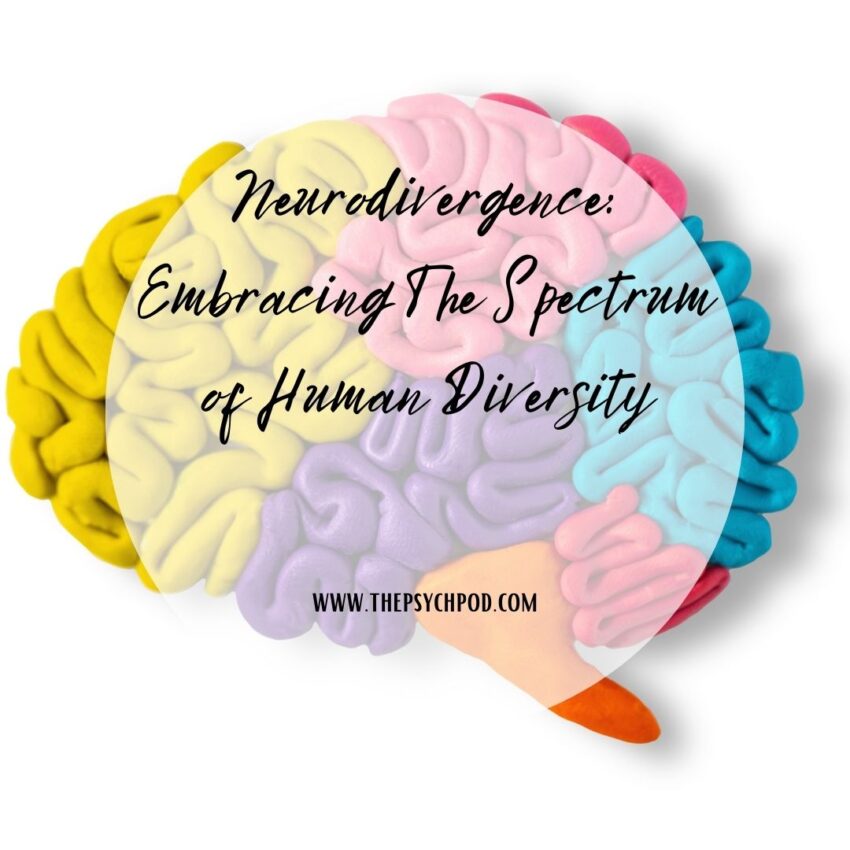Neurodivergence: a term that is gaining recognition and importance in our increasingly diverse world. It’s a concept that challenges conventional notions of what is “normal” and embraces the idea that human minds come in a multitude of unique variations.
At its core, neurodivergence acknowledges that neurological differences are simply a natural part of human diversity. Just as we have physical variations in height, eye color, and other traits, our brains also exhibit a wide range of characteristics. This includes conditions like autism, ADHD, dyslexia, and many others. Rather than viewing these as “disorders,” the neurodiversity perspective celebrates them as variations that contribute to the rich tapestry of human experience.
Neurodivergent individuals often possess distinct strengths that can bring valuable perspectives to various aspects of life. Their unique cognitive styles might lead to exceptional problem-solving skills, creativity, attention to detail, and innovative thinking. However, they might also face challenges in certain environments or situations that are tailored to more conventional cognitive patterns.
Society is gradually becoming more aware of the importance of accommodating neurodiversity. Workplaces, schools, and communities are working towards creating inclusive environments that respect and support individuals with different neurological profiles. It’s a shift towards recognizing that there is no one-size-fits-all approach to the human mind.
Understanding and appreciating neurodivergence requires open-mindedness and empathy. It involves recognizing that what works for one person might not work for another, and that’s perfectly okay. By embracing neurodiversity, we move closer to a world that values every individual for their unique contributions, and where differences are not only accepted but celebrated.
So, let’s embrace neurodivergence as a fundamental aspect of human diversity. Let’s foster an environment where everyone can thrive, regardless of their neurological makeup.
